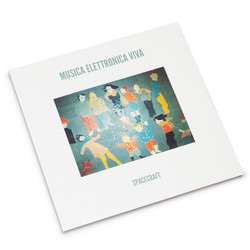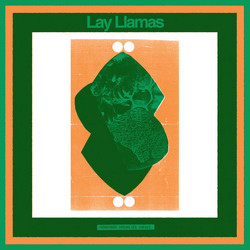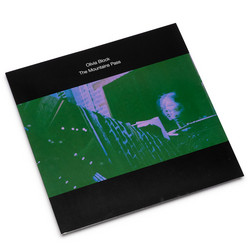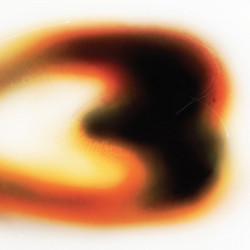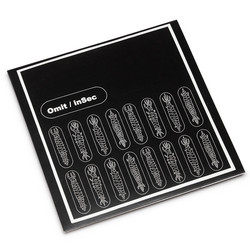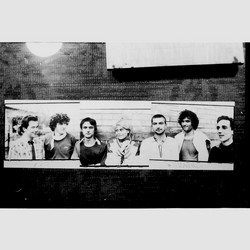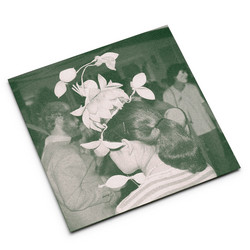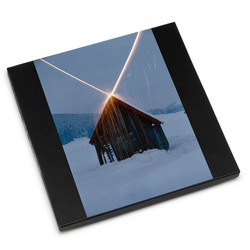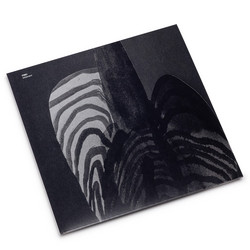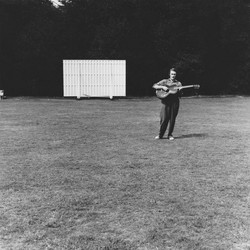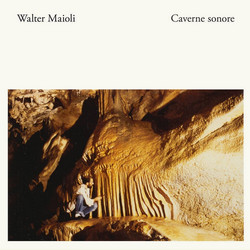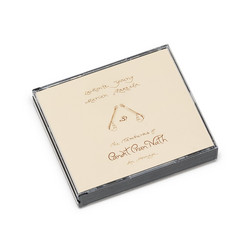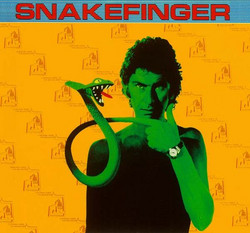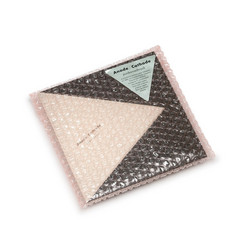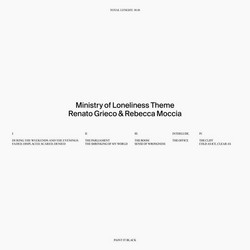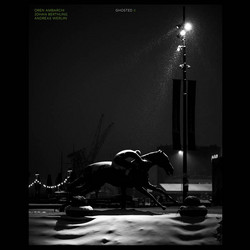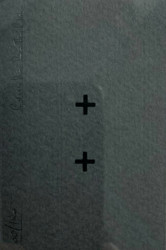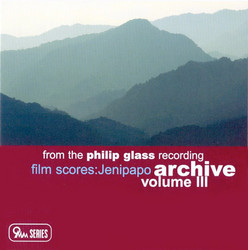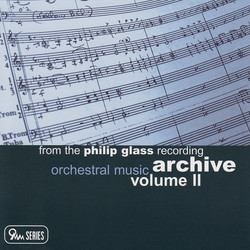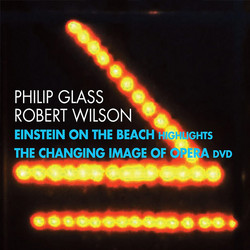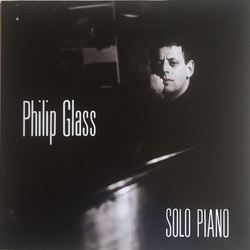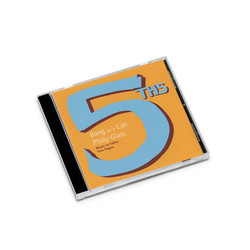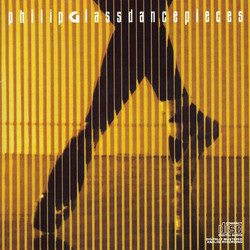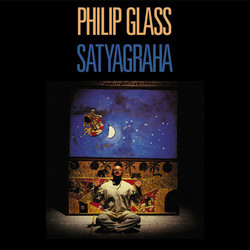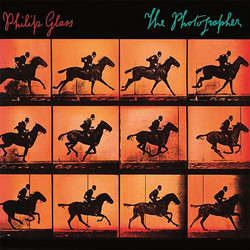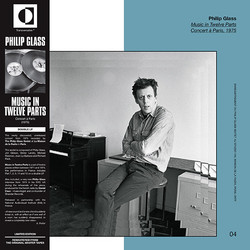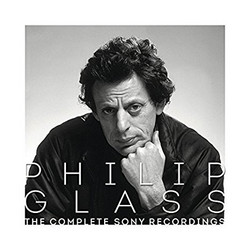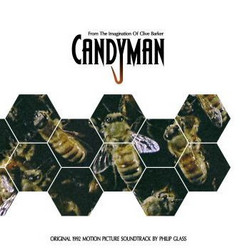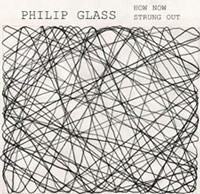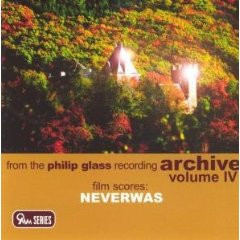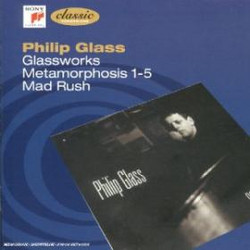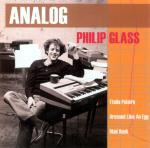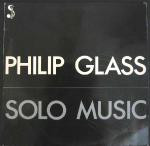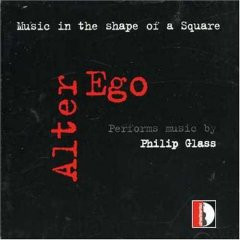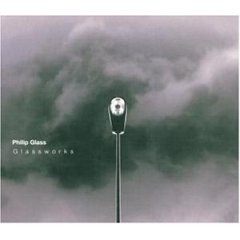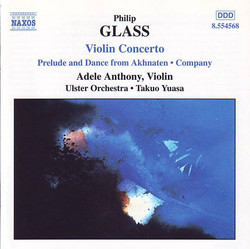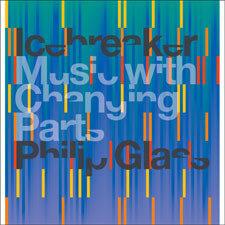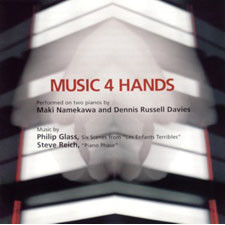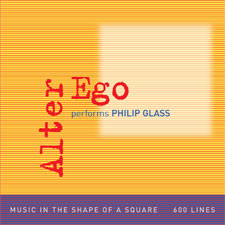There are two basic reasons why composers like Philip Glass end up getting remixed: rhythm and repetition. Glass' most identifiable music is simple, or so it seems: Play a chord, break it down into its constituent notes, and repeat the notes in hypnotic succession. If there's another instrument playing, they're probably playing the same notes in a different order. At the foundation of the music, there's what's called an ostinato. One way to think of it is as a bassline; another, in the words of a clever Wikipedia contributor, is a riff. When his music changes, it changes subtly and methodically: One note in the sequence altered here, another there. Over the course of a few minutes it can change completely, but there's no one point where you can mark the change as having taken place. It's hard to think of a Glass composition that doesn't work this way. At least one man with an electric piano has posited it as an almost scientific truth.
Basically, Glass did with live musicians what a lot of techno and electronic-music producers ended up doing with sequencers, samplers, and other mechanical ways of ordering sound. Like techno, his music operates on the simple principle that if you've been seeing zeros flashing on a screen minute after minute, seeing a one will seem very dramatic. This, again, comes back to repetition: Unless our environment stays the same for a little while, there's no way we'll be able to perceive difference. If Glass' music is romantic, it's the kind of cool, godlike romance of watching ants in an ant farm, or streams of pedestrians from the window of an office building: the romance of distance, of pattern, of busy movement made to look transparent and organized.
At some point in the past year, Glass approached Beck about putting together a group of artists to remix his music. In a quote that mirrors the deceptive clarity of his music, he told the New York Times, "I'm interested in what happens to music when other people use it. Whereas there are composers who don't like anyone to touch their music, I think people should because they do things I can't think of." Beck obliged, and now we have Rework.
Some of the source material here will be familiar even to passing Glass fans. Cornelius, for example, works with the opening section of 1982's Glassworks (which in Glass' own words was intended to get his music across to "a more general audience"), while glitchy L.A. producer Nosaj Thing uses parts of "Knee 1", the opening section of the recently revived opera Einstein on the Beach-- probably Glass' most famous piece of music.
Of course, whether or not the music is familiar doesn't matter as much as what the interpreters do with it. It's easy to imagine how this could have gone badly. (In fact, some intrepid people on the internet have already tested out just how badly it could have gone.) Glass' innovations have percolated so far through the world of contemporary music that a lot of the contributors here-- Tyondai Braxton, Dan Deacon, Cornelius, and Pantha du Prince-- can, as Pitchfork contributor Brian Howe put it, remix him and still end up sounding more or less like themselves. As a result, a lot of what's here doesn't really demonstrate what they can do to Philip Glass, but what Philip Glass has already done to them.
Would it surprise you to learn that Beck's contribution-- a 21-minute collage called "NYC: 73-78,"-- is disorientingly, almost astonishingly good? Maybe. Probably. How or why this is the case is unclear. I doubt even the staunchest Modern Guilt defenders would say that the records he made after the millenium were better than the records he made before it. (Ironically, the turning point was Sea Change.)
Like its title suggests, "73-78" feels like a long period of time collapsed into a single, dreamlike space. Beck's voice drifts in and out like a melancholic choirboy over whole series of passages spanning Glass' career, from full-band compositions to solo piano ones; from the churning, machinistic side of his sound to the spare, meditative one. There is some drum machine, and then there isn't. Glass has always been identified as a New York City composer, and his music has always articulated big-city feelings with uncanny elegance: the loneliness of them, the grandeur of them, the lonely grandeur of them; their violence and their comfort, their threats and seductions; the way they can feel incomprehensibly big and claustrophobically small.
Beck repeats the same line in different parts of the piece: "I was living in a wasteland, dominated by these maniacs." The words-- wasteland, maniacs-- are violent, but his delivery is gentle. This is what time does: It takes a fact and softens it. It heals. By the piece's restful end, it almost feels like a survivor's diary: the sound of someone going in and coming out, changed.
I refer back to that Glass quote, about the possibilty of another artist taking his music and doing something with it that he would've never thought of. "73-78" doesn't feel like Philip Glass-- it's too drifty and unbound. It's something completely different. It's also leagues beyond what anyone would reasonably expect from a project like this. The rest isn't.
